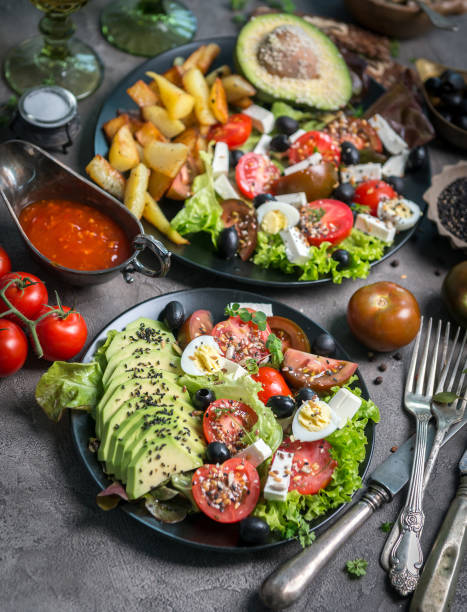What about the millions of Mediterranean people whose diets are among the healthiest in the world and include a few drinks as part of it? It may not be the amount of alcohol that is consumed as suggested by the UK government guidelines, but how it is finished and with what.
It is well-known that the Mediterranean diet contains many foods that are protective against alcohol. These include vegetables, pulses, and whole grains, as well as olive oil.
A number of studies have shown that alcohol consumption, even in small amounts, can increase breast cancer risk. A recent trial, which was part of the Predimed study, showed that women who followed a Mediterranean-style diet had a lower risk of breast cancer even though they drank up to 2 units of alcohol per day (a 175ml wine glass).
Extra virgin olive oil was believed to play a part in the development of breast cancer. Extra pure olive oil is rich in anti-estrogens, which block the cancerous effects of estrogens. Alcohol raises estrogen and increases breast cancer risks. Another large European study involving 368,000 women showed that folates, found in high quantities in green, leafy veggies and pulses, also provided a protective action from the effects of alcohol.
Women with a history of breast carcinoma in their family are still encouraged to refrain from drinking despite these important findings.
It is also worth examining the link between low alcohol consumption and mouth and throat cancers, as stated in the guidelines. The Mediterranean diet is again a winner: when moderate to low alcohol consumption is included in the diet, cancer risk decreases.
What we drink is important.
Ancient Greeks were experts in food and wine. Caravaggio/Uffizi Gallery
Combining smoking and drinking increases the risk of mouth and throat cancers. In studies like the Million Women Study, which involved over one million women, there was no evidence of an increased risk for these cancers in women who drank up to two units per day as long as they weren’t smokers. Alcohol is thought to act as a solvent, increasing the absorption rate of carcinogens from cigarette smoke. Smoking is less dangerous if most of the drinking takes place during meals.
It’s obvious that how we drink is important. In the Mediterranean, drinking with food is a common practice. However, in the UK, binge drinking, which includes excessive alcohol consumption without food, is more prevalent. Food on the stomach slows down alcohol absorption and limits dangerous spikes in blood levels of alcohol that can lead to strokes or high blood pressure. Even alcohol that is consumed without food in Mediterranean countries is often accompanied by some food. In Greece, a few olives are served with ouzo, while in Spain, a tortilla or tapas may be offered with a beer. It’s a shame so few UK pubs offer these mouthfuls.
A scoring system captured the Mediterranean drinking style:
A moderate intake of alcohol spread over the week
The preference for red wine with meals
The avoidance of binge-drinking
Avoiding spirits
Scores high on these criteria were correlated with a significantly lower mortality.
There are also many other benefits of a Mediterranean Diet: It is the most effective diet to reduce the risk of heart disease. Many studies confirm the cardioprotective effects of moderate drinking. These findings are significant, especially when you consider how little else is available to combat this disease.
Alcohol consumption should be weighed against the benefits and risks of alcohol in the same way that eating guidelines do. There is no doubt that heavy drinking can increase the risk of cancer. However, even low levels of alcohol consumption could do this with certain diets like those rich in processed food. The evidence shows that a glass or two of wine with a delicious Mediterranean meal will not harm you, despite what the government’s guidelines may say.




